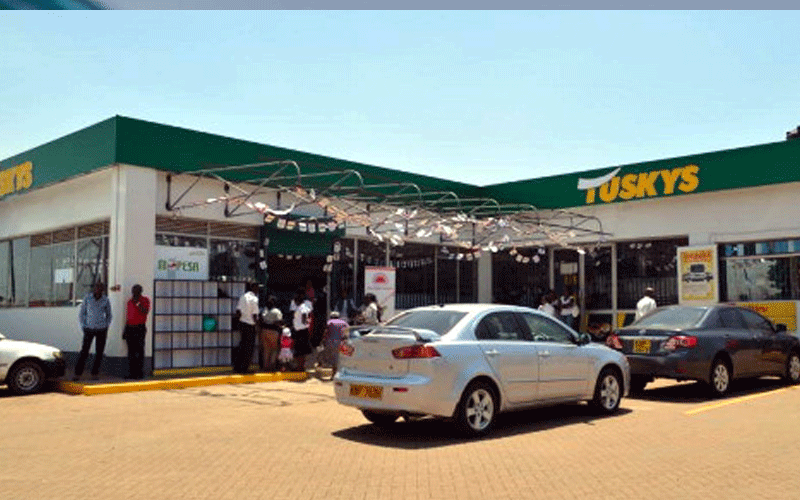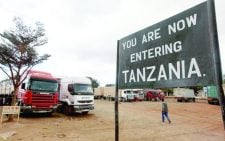Massive job losses loom at retail store Tuskys Supermarket

Lewis Njoka @LewisNjoka
Hundreds of Tuskys Supermarket employees could lose their jobs after the retailer announced plans to consolidate branches across the country in response to the economic dip brought about by the Covid-19 pandemic.
This announcement comes only months after the collapse of former retail giant, Nakumatt, whose demise saw thousands of workers lose jobs and creditors still unsure of recovering Sh38 billion owed to them.
Worse still, the coronavirus pandemic, currently ravaging the world, has affected virtually all businesses in the country dimming hopes that those axed could secure employment in the near future.
Employing more
As of August 2019, Tuskys had 63 stores in Kenya and Uganda employing more than 6,000 people and about 3,000 suppliers, making it the largest home-grown supermarket after the fall of Nakumatt and Uchumi.
In a statement, Tuskys said it would close down its Tom Mboya branch and merge it with Tuskys Imara, a more spacious store located on the same street.
Kitale Mega branch will also be closed down and its operations shifted to Kitale central business district branch.
In Mombasa, Digo Road branch will be closed and its customers are expected to seek services from Tuskys Bandari located about half a kilometre away along Haile Selasie Road.
“We have noted that in some areas where we have multiple locations close to each other, we can adequately serve customers better and more efficiently by consolidating our businesses in spacious branches which allow us to implement social distancing and personal hygiene measures better,” said Tuskys chairman Bernard Kahianyu in a statement.
Recently, Tuskys formally known as Tusker Mattresses, closed Parklands branch and Kisumu Lolwe branch triggering fears that many more employees could lose jobs in the near future.
Kenyan retailers have been operating in a tough business environment recently, characterised by economic slump, reduced consumption, and thin profit margins which range from 1.5 to 3.8 per cent.














